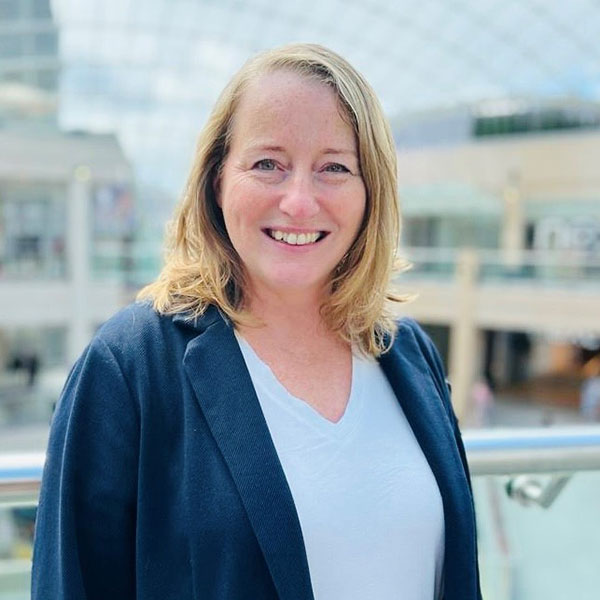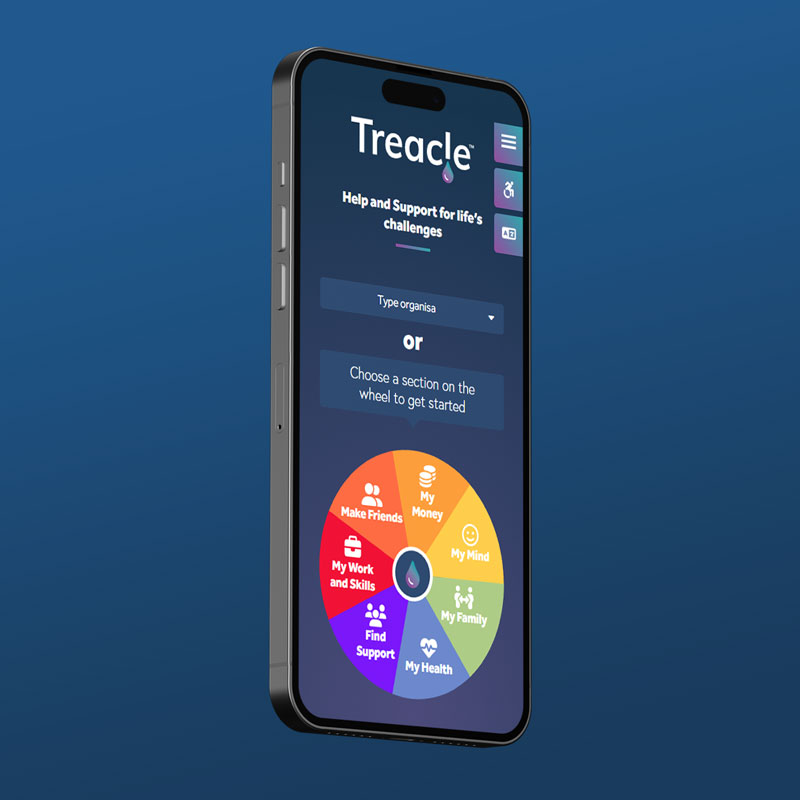How it all began
Patient Zero (Around Christmas 2019)
I was working in my role as an Advanced Nurse Practitioner in a busy GP surgery. Recent consultations and tests had not explained the symptoms of the patient sitting in front of me. As I sat watching them speak the problem dawned on me and I gently asked “are you hungry?” My patient clearly did not want to admit it, but that was exactly the problem.
Assessing a patient and arriving at a diagnosis is a normal part of my day. But this was a turning point in my attitude towards both my job and the community where I work. In the days and weeks that followed, I was instrumental in establishing a food bank in the area. This is now fully operational and is a lifeline to many people in the community. In Primary Care, we use the term Social Prescribing to describe the sort of help people need when it is not strictly medical.
Social Prescribing
My concerns went beyond food poverty. I realised that most of the people who visited the food bank were not patients I knew from the surgery. In fact, after 7 years of working in the village, I had never even met some of them. I learned so much from them as we spoke.
They opened up to me about a variety of social prescribing type problems. Eventually, the realisation dawned, that we (health professionals) are sitting on resources that people badly need. We are keen to encourage autonomy and self-care in our community. In reality, we have become a key player in holding onto the information which can help the most vulnerable. Very often, a medical prescription is not the answer when someone feels unwell. Instead, what is needed may be exercise, a feeling of connection or counselling. Social Prescribing information should be easily and freely available to all those who need it.


How Could Things be Better
After scouring the internet and checking locally, there was no easily accessible source of information. There were paper lists of local groups, an array of websites offering help, and even a local social prescribing directory. But everything was out of date. Essentially, there was no central source of information.
Thoughts of Treacle formed as the first national lockdown was announced in March 2020. Suddenly, there were no local walking groups, Mum and toddler sessions or mental health support cafes. New services sprung up which helped with issues such as isolation, or financial hardship caused by Covid 19.
This made helping our patients even more complex. Clinicians and the public alike, could not keep up with who could get help where.
Making the Change
The challenges in getting funding, finding a web builder and sourcing information, also became more challenging overnight.
The time, the funding, the web builder and the ideas all came together over the weeks of Spring 2020. It was a steep learning curve and Treacle went live on 3rd July 2020. Over the months of planning, I had imagined that going live would be the end of this journey. Now I know it was just the beginning, and I am excited about what Treacle can achieve.
So What Exactly is Treacle
Treacle is a free and easy-to-use social prescribing directory. It gathers together information about small local groups, as well as national help and support, into one site.
Although a personal relationship with a specific GP can be therapeutic, it is also becoming a decreasing reality for many people. Access to good social prescribing information can open up possibilities which will decrease reliance on GPs. Knowing where to access the information to do this is an important part of the journey, and that is the aim of Treacle.


The Future
Treacle can easily be populated to benefit any community in the UK. It aims to centralise social prescribing information in an easy-to-use format, which is simple to navigate and seamlessly connects the user to the services they need. Treacle will increase self-care, which will in turn, improve the health of the community, reduce reliance on the NHS and so inevitably, save money.
Essentially it is everything to do with health and nothing to do with medicine.
